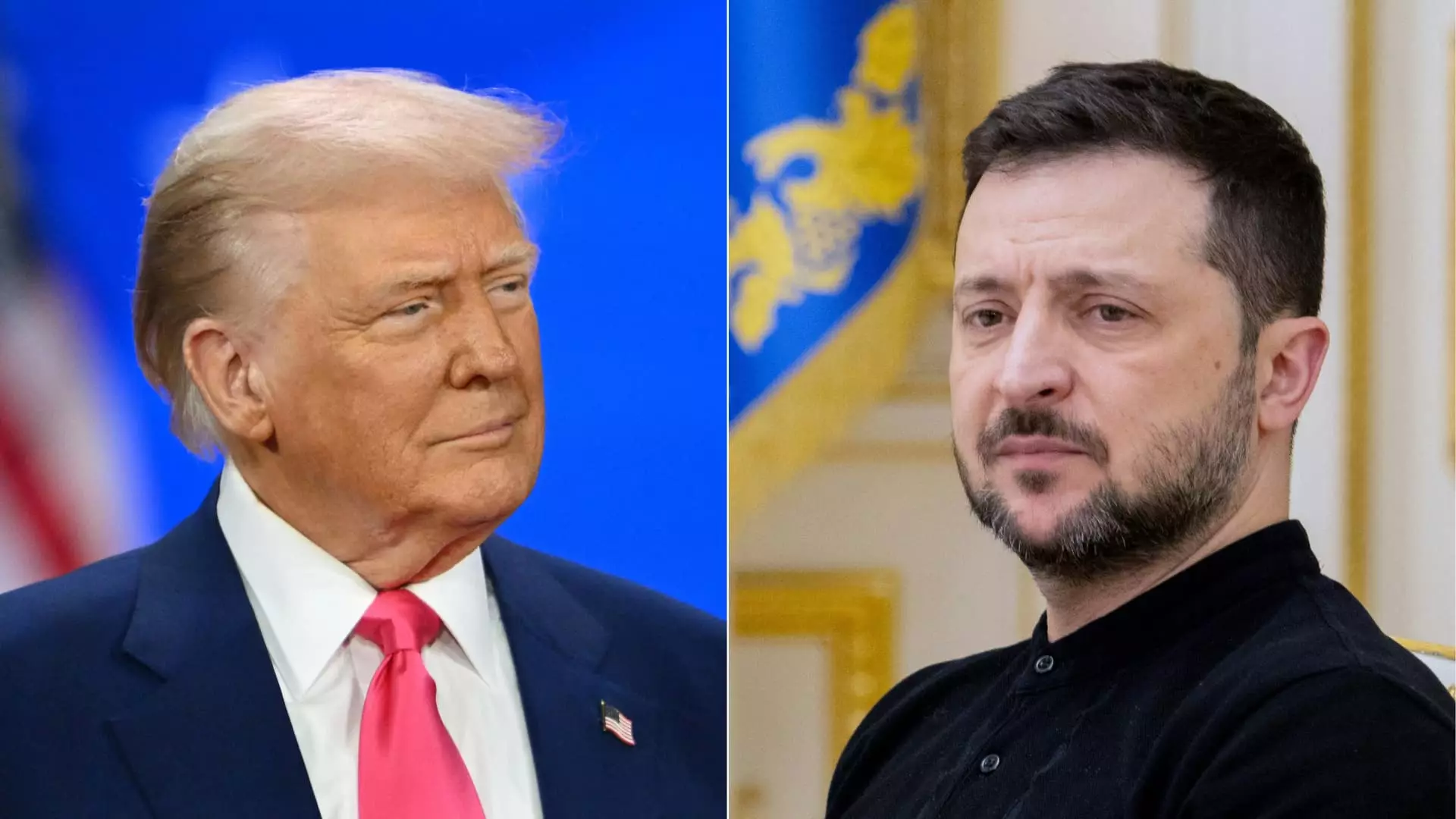The latest political discourse surrounding the Ukraine conflict is riddled with simplistic narratives that blame one side or the other, often disregarding the complex web of geopolitical interests, historical grievances, and strategic calculations involved. When figures like Donald Trump suggest that Ukraine could “end the war almost immediately” if Kyiv simply chose peace, they overlook the foundational issues that make such a solution elusive. The focus on individual agency — primarily President Zelenskyy’s willingness or reluctance — ignores the broader context of sovereignty, international security commitments, and regional power dynamics.
This tendency to assign sole responsibility to Ukraine or Zelenskyy is not only naïve but dangerously populist. It absolves Russia of accountability for its aggressive invasion, territorial annexations, and ongoing military campaign. More critically, it undermines the legitimate right of Ukraine to defend itself and resist existential threats. War is rarely black and white; portraying Kyiv as a potential villain or a stubborn obstacle to peace simplifies a reality that involves multiple actors with competing interests. Such rhetoric fuels a false sense of certainty, giving an illusion that peace can simply be “wished into existence” by virtue of political will, sidestepping the hard negotiations, compromises, and international power plays necessary to resolve such a conflict.
The Myth of Instant Peace and Its Risks
Trump’s assertion that Zelenskyy “could end the war” echoes a dangerous misconception—that peace is merely a matter of political choice rather than strategic necessity. In truth, Ukraine’s resilience has been grounded in years of defending its sovereignty against an aggressive Russia. The idea that Kyiv’s leadership just needs to capitulate or offer concessions—particularly on vital territories—ignores the fundamental issues of national security and territorial integrity.
The suggestion that Ukraine would relinquish control of strategic regions like Donetsk or Luhansk to Moscow in exchange for a ceasefire epitomizes a shortsighted pursuit of peace at the expense of justice. Such concessions would abet Russia’s aim of weakening Ukraine’s sovereignty permanently and would embolden authoritarian aggression elsewhere. It’s critical to recognize that false peace agreements—ones that sacrifice long-term security in exchange for short-term stability—ultimately sow the seeds for future conflict. The Ukrainian people, and any just observer, must see through these transactional proposals that threaten to undermine the moral fabric of international law.
The Stratified Realities Behind the War
At its core, the Ukraine crisis exemplifies the peril of Western complacency mixed with geopolitical miscalculations. Russia’s insistence that NATO’s eastward expansion and alleged discrimination against Russian speakers in Ukraine are “root causes” of the conflict serves as a convenient excuse for its aggression. But framing the war through a Kremlin-centric narrative distorts reality, reducing Ukraine’s struggle to a mere pawn in a broader geopolitical game.
From a center-liberal perspective, it’s evident that enduring peace requires a nuanced understanding of these layered issues. While NATO’s expansion was accelerated post-2014 under the shadow of Russian annexation, it does not give Russia the license to invade a peaceful neighbor. Rather, it highlights the necessity of collective security, diplomacy, and genuine dialogue that recognizes Ukrainian sovereignty as non-negotiable. Overly accommodating Moscow’s demands—demanding Ukraine to neutralize itself or diminish its NATO ambitions—risk setting a disastrous precedent for conflict resolution. It signals appeasement rather than resolve, encouraging future violations and undermining European stability.
Lastly, Trump’s recent comments and the subsequent diplomatic dance with Zelenskyy and Vladimir Putin reveal a fundamental disconnect from the realities on the ground. Their focus on negotiations that prioritize Russia’s “security concerns” neglect the voices of Ukrainians fighting for their homeland. Any peace that sidesteps Ukrainian sovereignty, dismisses the country’s desire to join Western alliances, or grants Russia unjust territorial gains, is not peace but capitulation. Such an approach only entrenches the conflict further, leaving vulnerable populations at the mercy of power politics rather than securing a just and lasting resolution.


Leave a Reply